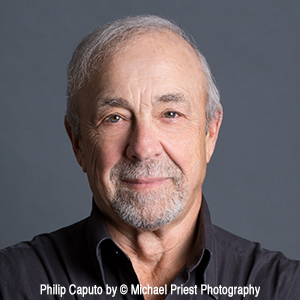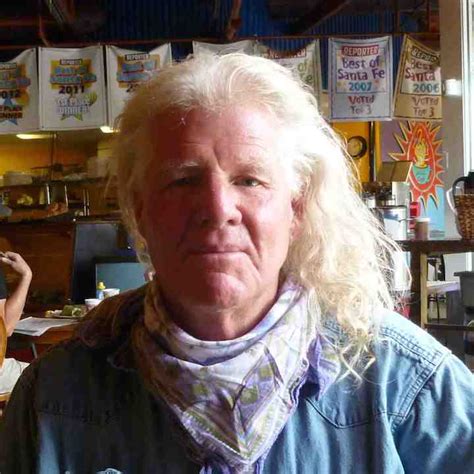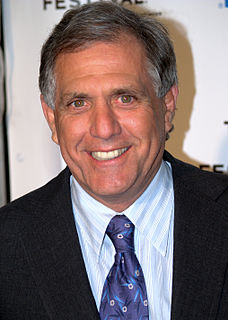A Quote by Frederick Lenz
That's why we call this a dark age. It's a dark age in the sense that there are so many people on the earth who are un-attuned that they create such a level of white noise, in a sense, that it drowns out things that we'd like to see.
Related Quotes
Until now in world's history, whenever we've had a dark age, its been temporary and local. And other parts of the world have been doing fine. And eventually, they help you get out of the dark age. We are now facing a possible dark age which is going to be world-wide and permanent! That's not fun. That's a different thing. But once we have established many worlds, we can do whatever we want as long as we do it one world at a time.
We're living in a Dark Age of macroeconomics. Remember, what defined the Dark Ages wasn’t the fact that they were primitive — the Bronze Age was primitive, too. What made the Dark Ages dark was the fact that so much knowledge had been lost, that so much known to the Greeks and Romans had been forgotten by the barbarian kingdoms that followed.
This prophecy of a coming enlightenment is echoed in virtually every faith and philosophical tradition on Earth. Hindus call it the Krita Age, astrologers call it the Age of Aquarius, the Jews describe the coming of the Messiah, theosophists call it the New Age, cosmologists call it Harmonic Convergence and predict the actual date of December 21, 2012.
Being a correspondent at the Vietnam war for me was about exposing myself to danger but it wasn't completely self-serving. I felt that there were these dark places of the earth, were dark things were happening and people should know about them. Call it my moral obligation to go and see them and report them.
People feel that the Bible is unequivocal in stating that the age of the earth is very young and so on and so forth, and so the big things get lumped together with the lesser things. And the age of the earth is for example virtually made a touchstone of doctrine, when there's so much evidence out there in science against it.
We live in a kind of dark age, craftily lit with synthetic light, so that no one can tell how dark it has really gotten. But our exiled spirits can tell. Deep in our bones resides an ancient singing couple who just won't give up making their beautiful, wild noise. The world won't end if we can find them.
My habit would have been to veer towards the dark - to prove I was something; edgy, or maybe to prove that I was cognisant of the dark side. Now, with age and confidence, I can say, yeah, that's true, but I am cognisant of the fact that people can do things well. And can be more loving than you expect.
I understand why creative people like dark, but American audiences don't like dark. They like story. They do not respond to nervous breakdowns and unhappy episodes that lead nowhere. They like their characters to be a part of the action. They like strength, not weakness, a chance to work out any dilemma.


































